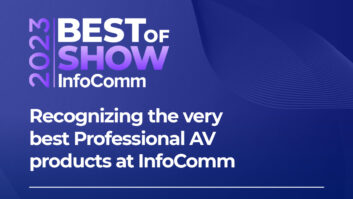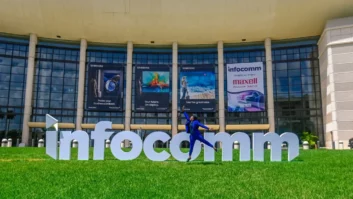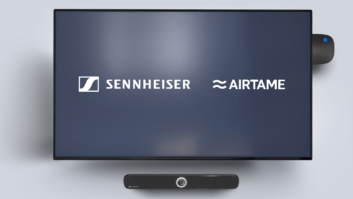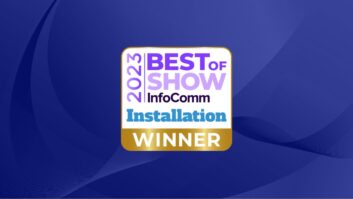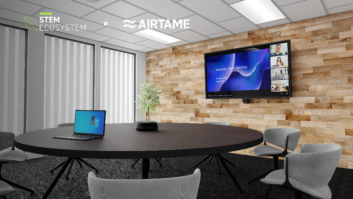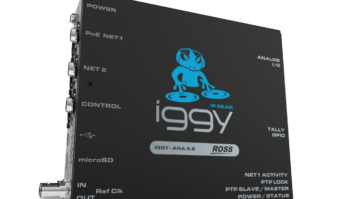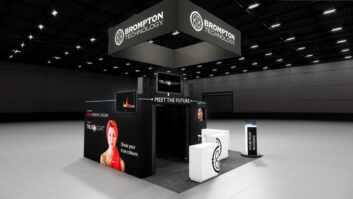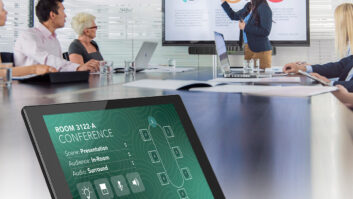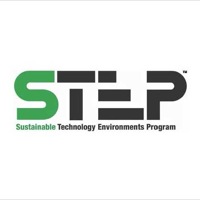
InfoComm International is to present the STEP (Sustainable Technology Environments Program) initiative for the encouragement of green technology projects for the first time in Europe at ISE 2012. InfoComm’s Sustainability Officer, Allen Weidman, who also serves as the Executive Director of the STEP Foundation, will be on-hand throughout the show to advise manufacturers, distributors, integrators, consultants and end-customers as to what role they can play in the advancement of the STEP initiative, and in the design of pilot projects that implement the STEP rating system. While there are a number of industry schemes that rate the energy efficiency of individual products and a variety of ways in which architects and site owners can measure and ratify the ‘greenness’ of their building designs, prior to STEP there was no industry program that rated the sustainability of low-voltage systems in the context of the building – before, during, and after installation. To promote the STEP rating system, the STEP Foundation was launched at InfoComm 11 in Orlando, FL, with InfoComm and CompTIA as its founding associations. They have since been joined by BICSI and TIA, meaning that almost every low-voltage component of a typical building – from AV equipment to IT hardware, lighting, heating, ventilation and air conditioning – now has representation. “Building owners who are serious about having structures that operate in a sustainable manner after the occupation phase should investigate having new properties developed in accordance with STEP,” comments Weidman. “Committing early means accruing energy and monetary savings sooner. “At ISE 2012, we hope to talk to as many different stakeholders as possible, introducing them to the STEP rating system and discussing the possibility of them getting involved with pilot projects. Effective pilot programs are essential to taking the STEP rating system from concept to reality.” “We know that there are huge numbers of European integrators, consultants and resellers that want to know more about how they can make a contribution to increasing the sustainability of their systems,” Weidman concludes. “Integrated Systems Europe is the perfect place to engage those companies in conversation so that not only do they become fully involved in STEP, they also learn how they can use that involvement as a sales tool to gain a competitive advantage in the market for integration products and services. STEP is not just good for the environment – it’s good for business, too.”
